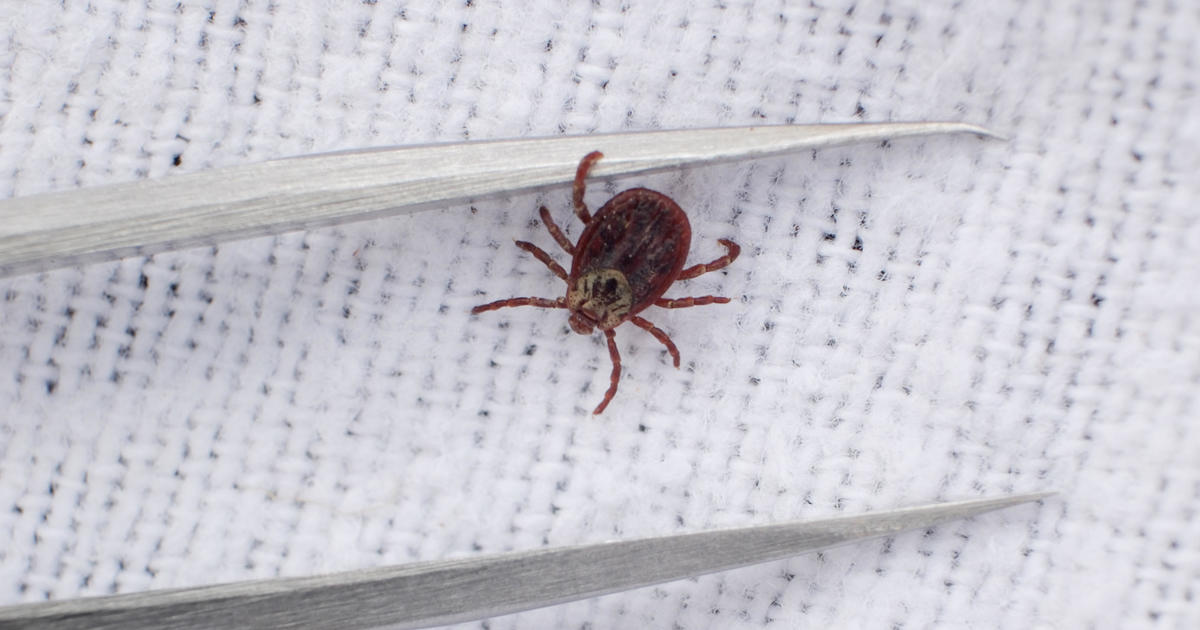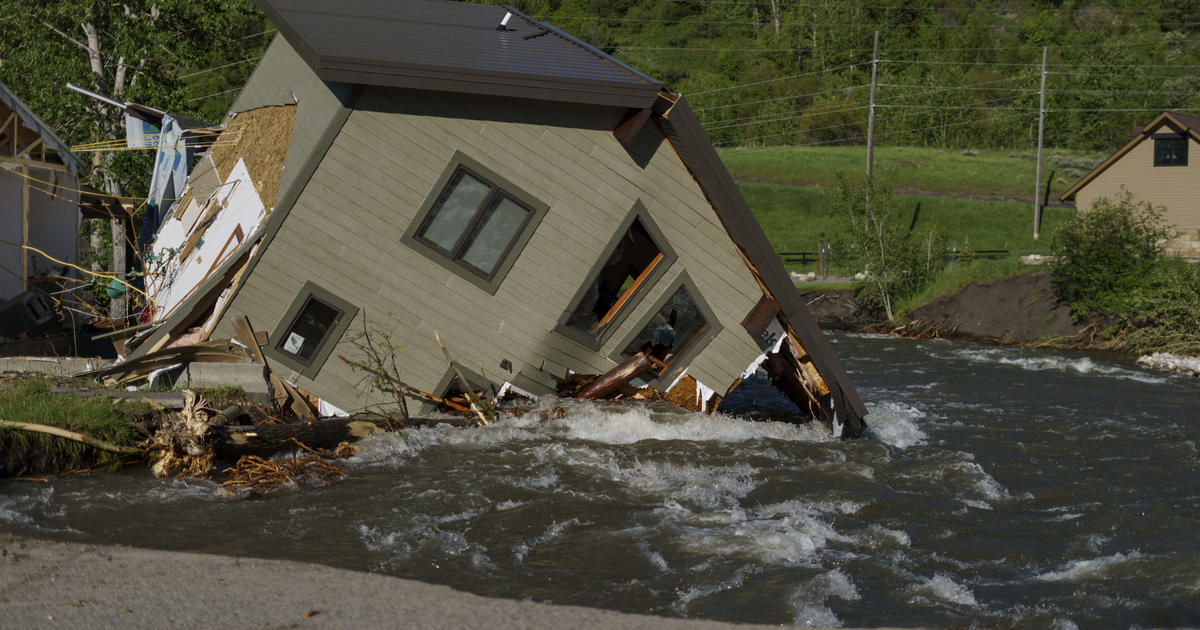How climate change is making allergy season worse
This spring is predicted to be another tough season for allergy sufferers – partly thanks to warming global temperatures. The warm weather is arriving up to 20 days earlier this year in some places and one study finds pollen counts have been rising every year since 2000.
"The climate and the weather has an impact on the start, the duration, and the intensity of allergy season. With global warming, we know last year was one of the hottest on record, as well as increased carbon dioxide emissions. This all fuels the growth of plants, which means more pollen, earlier pollen, and pollen that stays around longer," Dr. Tara Narula told "CBS This Morning" Friday. "In 2000, there were about 8,000 pollen grains per meter cubed. In 2040, it's projected to be around 20,000."
According to Narula, one of the best things to do is get a jump-start on dealing with your allergies.
"So about two weeks before the season starts you want to start taking either your over-the-counter meds or your prescription meds," she said. "There are things like allergy shots and now sublingual [under the tongue] medicines that you can take, immunotherapy."
In addition to allergy medicine, Narula recommended lifestyle changes including staying indoors during peak hours, from 5 a.m. to 10 a.m., changing your clothes frequently, showering before bed, wearing glasses to protect your eyes, and using an air conditioner.



